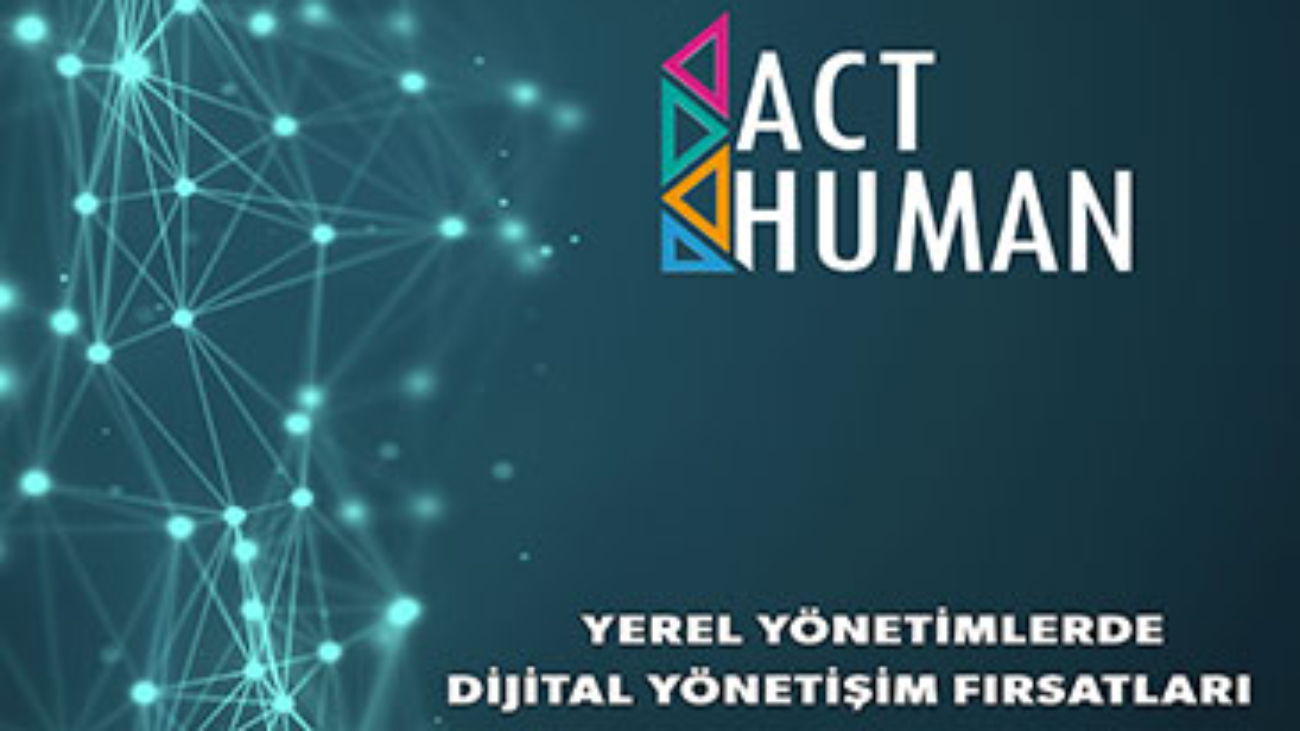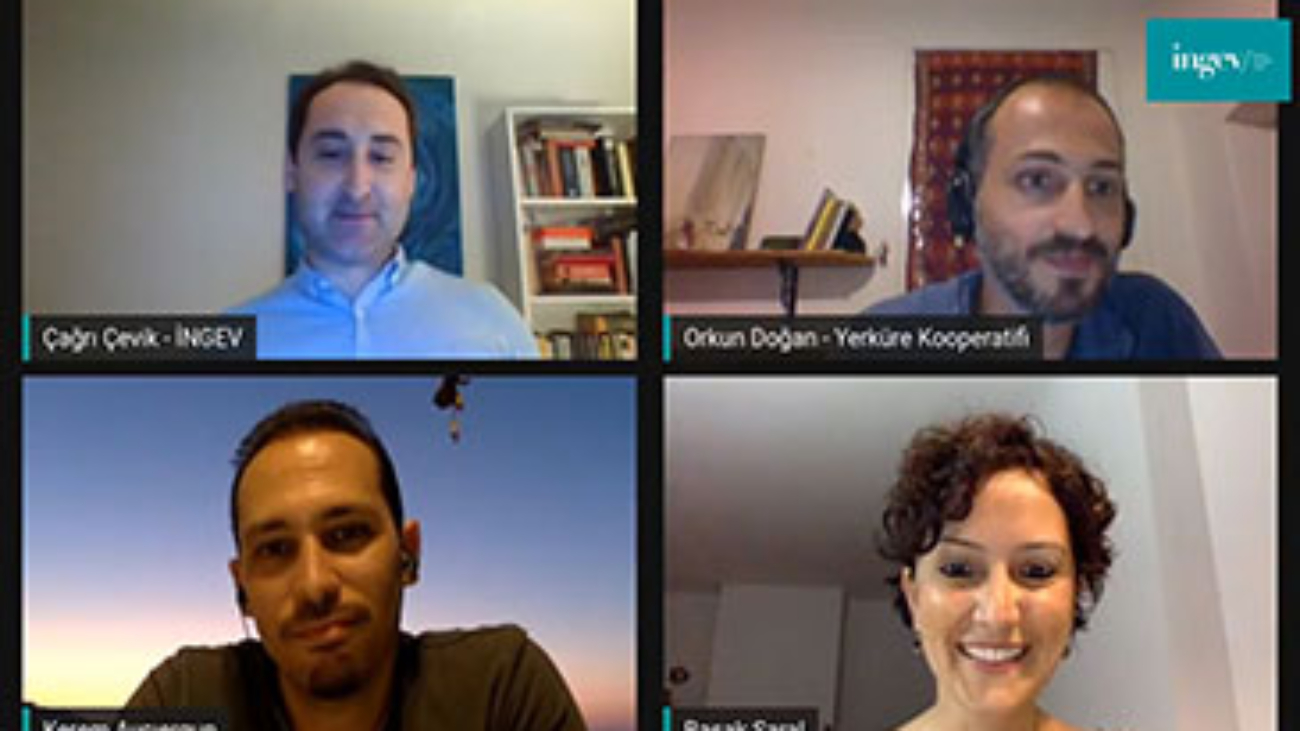Disabled individuals are one of the most vulnerable groups of the society, and no matter how valuable both the academic and practical studies conducted on this subject are, it can be possible to transform it into a systematics and record it, only by way of mapping or creating a database.
At this very point, INGEV in cooperation with Relief International launched an online map involving more than 100 organizations that deliver support in a wide range of specialties for people with disabilities across Istanbul.
The map includes the organisations offering support in employment, entrepreneurship and healthcare, by their specialities in a detailed way, so that the services delivered to the individuals with disabilities can be fulfilled in an holistic manner. While Abledturkey.com shows the disabled people what services they can get and where they can get these services, it also allows the organizations to get informed of each other.
The “online” map, which also lists the organisations rendering services to the refugees and disabled refugees in Istanbul, home to over half a million Syrian refugees, is available in Turkish, Arabic and English language versions.
To access the online map: www.abledturkey.com

* This map application is released with a view to serving the people with disabilities within the scope of the project “Improving Access to Livelihood Opportunities for Refugees with Disabilities” carried out with the support of PRM and in cooperation with Relief International and INGEV.






